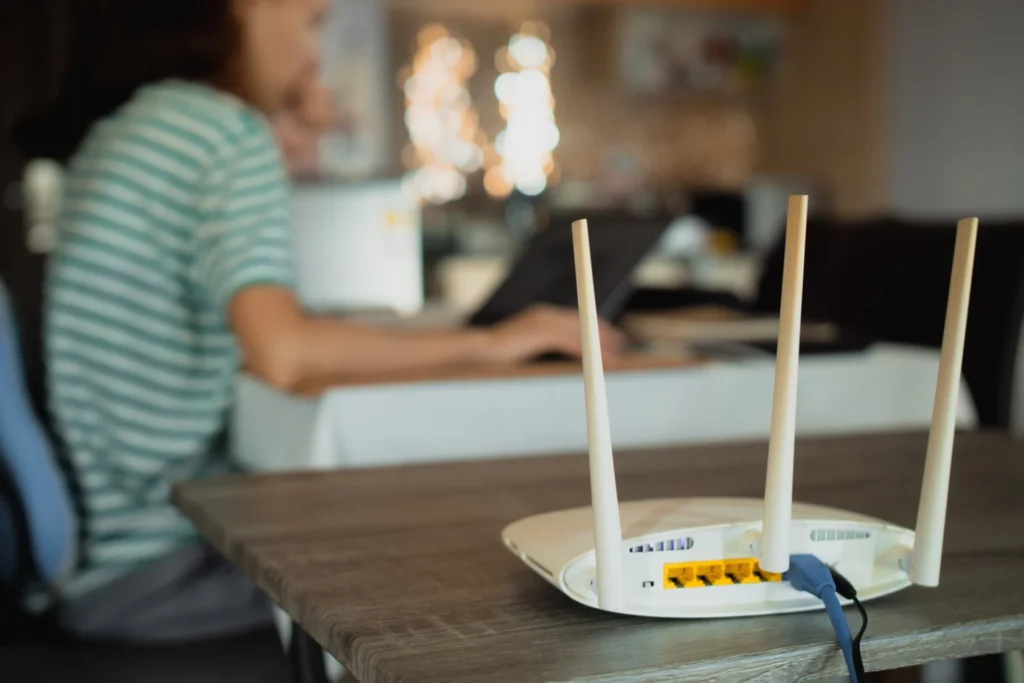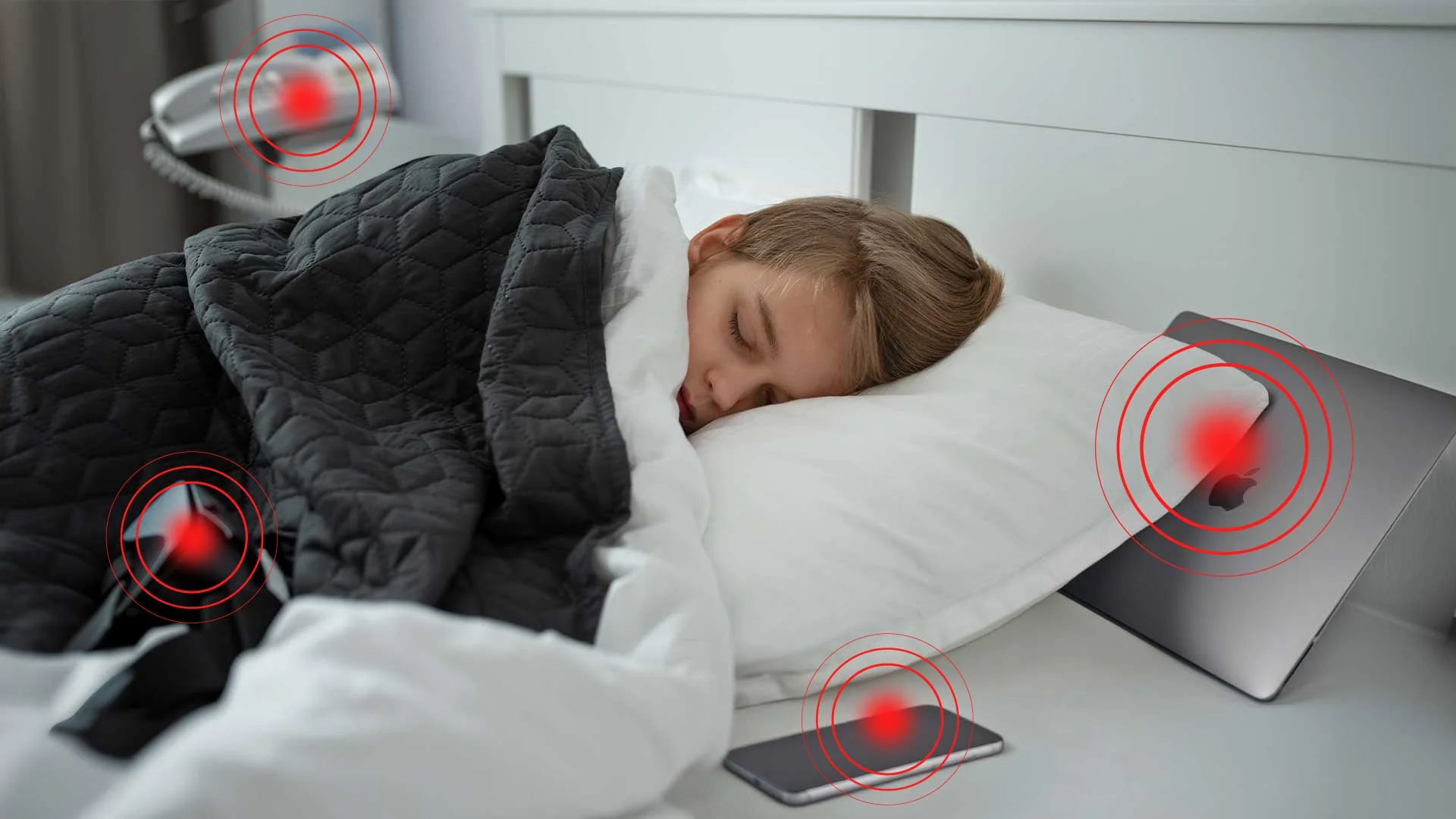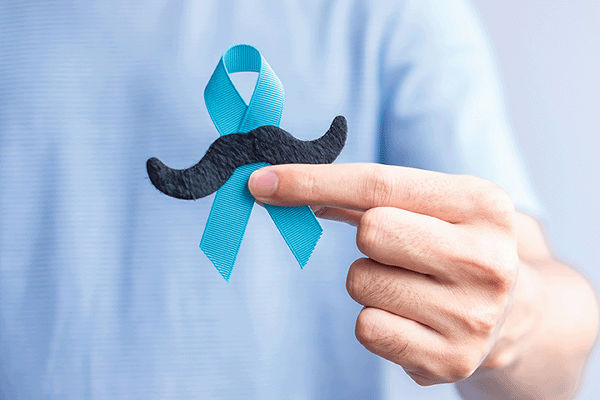Is Wi-Fi Bad for Your Health – A Complete Overview!
Understanding Wi-Fi Technology
Wi-Fi, short for Wireless Fidelity, is a technology that uses radiofrequency (RF) waves to transmit data between devices without the need for physical cables. It operates mainly on 2.4 GHz and 5 GHz frequency bands, allowing seamless internet connectivity for smartphones, laptops, tablets, and smart home devices.
The Concerns Around Wi-Fi and Health
Over the years, concerns have arisen about the potential health effects of long-term Wi-Fi exposure. Since Wi-Fi uses non-ionizing radiation—similar to cell phones and microwaves—some people worry it could pose risks such as headaches, fatigue, or more severe conditions over prolonged exposure.
Scientific Research and Evidence
Current scientific evidence suggests that Wi-Fi exposure levels are far below the safety limits set by regulatory bodies like the World Health Organization (WHO) and the Federal Communications Commission (FCC). Studies have generally found no conclusive link between Wi-Fi signals and adverse health effects in humans.
How Wi-Fi Exposure Compares to Other Sources

Wi-Fi signals are much weaker compared to other common RF sources such as cell phones. For example, using a mobile phone against your ear exposes you to significantly higher RF energy than being in a Wi-Fi-enabled room.
Tips for Minimizing Wi-Fi Exposure
While current evidence indicates Wi-Fi is safe, those who wish to minimize exposure can take precautionary measures:
- Turn off Wi-Fi routers at night.
- Use wired Ethernet connections when possible.
- Keep Wi-Fi-enabled devices at a reasonable distance from your body.
- Limit unnecessary device connectivity.
FAQs
1. Can Wi-Fi cause cancer?
There is no conclusive evidence linking Wi-Fi exposure to cancer. Wi-Fi uses non-ionizing radiation, which does not have enough energy to damage DNA directly.
2. Is it harmful to sleep next to a Wi-Fi router?
Sleeping near a Wi-Fi router exposes you to low-level RF signals. While research indicates no significant harm, keeping it at a distance may help reduce unnecessary exposure.
3. Does Wi-Fi affect children differently than adults?
Children may absorb RF energy differently due to their developing bodies, but studies have found no consistent evidence of harm from Wi-Fi exposure.
4. How far should I keep my router from my workspace?
A distance of at least 1–2 meters is generally recommended for comfort and reduced direct exposure.
5. Are wired internet connections safer than Wi-Fi?
Yes, wired connections eliminate RF exposure entirely. People concerned about radiation can opt for Ethernet cables for internet use.
Conclusion
Based on current research, Wi-Fi is considered safe for everyday use. While ongoing studies continue to monitor potential long-term effects, there is no scientific consensus that Wi-Fi poses a significant health risk. Practicing simple precautionary steps can help provide peace of mind for those still concerned.






